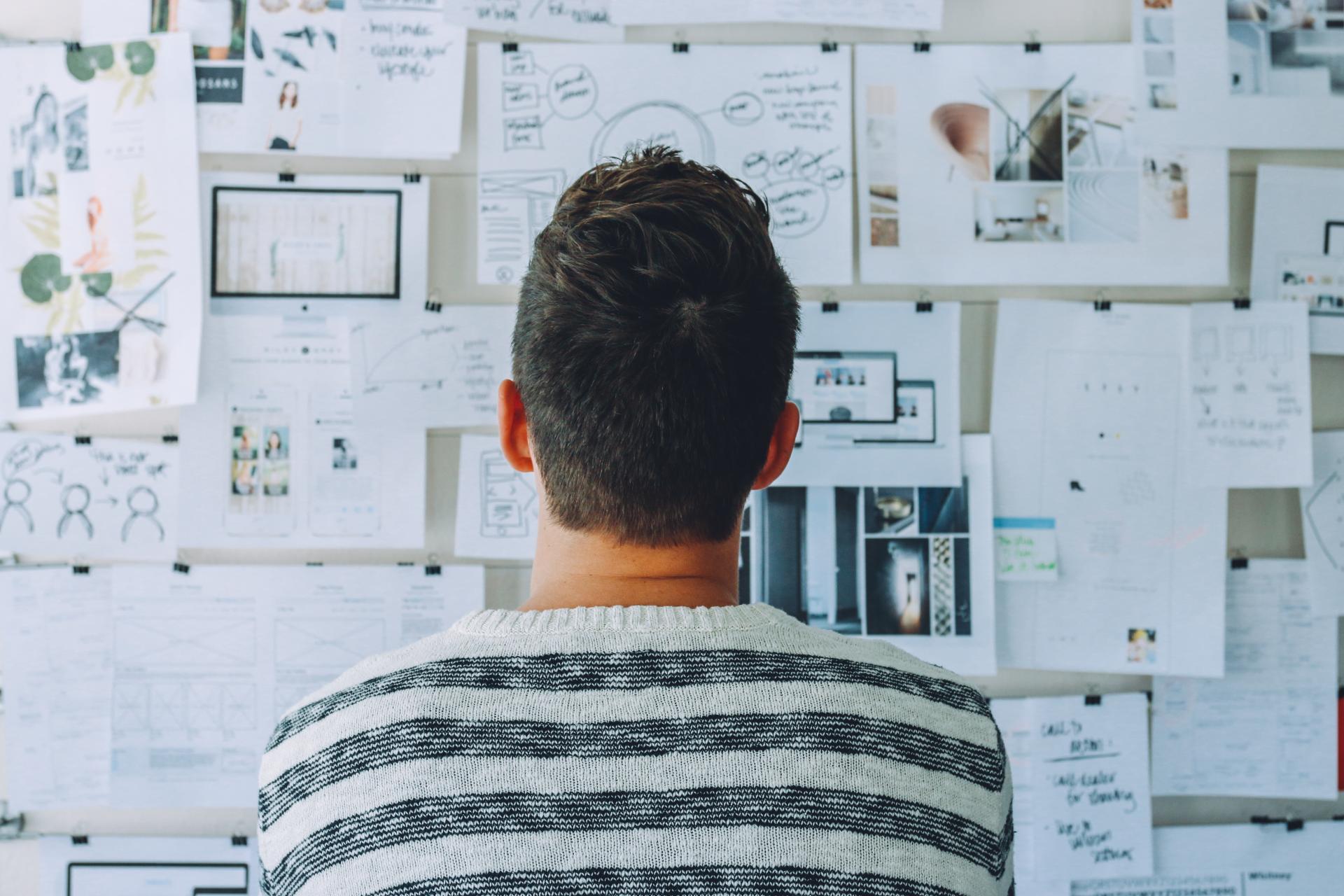Recent research
Latest studies completed with the participation of DC Network
Latest studies completed with the participation of DC Network

| TITLE | TOPIC | SAMPLE / AUDIENCE | YEAR | SUMMARY | AUTHOR | LINKS |
|---|---|---|---|---|---|---|
| Becoming Donor-Conceived: The Transformation of Anonymity in Gamete Donation | Anonymity and the move to openness | Donor conceived people All families | 2021 | While it has been argued that anonymity in gamete donation has been brought to an end by legal changes and technological developments, Amelie Baumann suggests that this is in fact still in transformation. By focusing on the narratives of those who were conceived with anonymously donated gametes in the UK and Germany, she examines this transformative process and the role which donor-conceived persons play in it. | Amelie Baumann | |
| The Experiences of Recipients and Donors in an Unregulated Sperm Donation Context | Unregulated sperm donation | All | 2019 | Exploratory research to find out about incidences of ‘morally-challenging’ behaviour that might be occurring in the online sperm donation community. | Georgina Forshall Leeds Becket | |
| The Circumstances of Pregnancy questionnaire: ensuring its relevance and acceptability to today’s generation of new mothers. | Pregnancy | Solo mums Lesbian couples | 2019 | Review of a questionnaire used in UK maternity services and the National Survey of Sexual Attitudes and Lifestyles. The changes reflect the changing views and circumstances of pregnant women in the UK and further afield. | Geraldine Barret, UCL | |
A review of the Donor Conception Network’s Our Story books | Openness | All | 2019 | This study conducted a cross-sectional survey with DCN members and non-members to evaluate the use of the Our Story book range in terms of parent/s and children confidence in their donor conception story. | Ishaq Abdul, Prof. Joyce Harper, UCL | |
Surrogacy men’s experience in heterosexual couples | Surrogacy | Heterosexual couples | 2019 | A qualitative study of male partners in heterosexual couples experience becoming dads through surrogacy. | Christina Weis, Wendy Norton, De Montfort | |
Curious Connections: The Impact of Donating Egg and Sperm on Donors’ Everyday Life and relationships | Donors | All | 2018 | This study explored how donating eggs or sperm impacts on the everyday lives and relationships of donors. It reviewed the UK policy context to donation and the rights and obligations of donors and their families. It also looked at how egg and sperm donors negotiate donation within their everyday lives and relationships. | Leah Gilman, Petra Nordqvist, University of Manchester | Online event (2020) Curious Connections: The social life of egg and sperm donation |
Single mothers by choice & Social Change: An interdisciplinary and cross-national study | Solo parenthood | Solo mums | 2018 | The study analysed and compared the experiences and motivations of women in becoming single mothers by choice across the UK and Spain. | Anna Bravo-Moreno, UCL | Bravo-Moreno, A. (2019). Deconstructing “Single” Mothers by Choice: Transcending Blood, Genes, and the Biological Nuclear Family? Bravo-Moreno, A. (2019). Choice Mums and Children’s Education. Does Feminism Matter? A Qualitative Study Bravo-Moreno, A. (2021). Reproductive agency, assisted reproductive technology & obstetric violence. Health Care for Women International. Bravo-Moreno, Ana. 2021. “The Intersection of Reproductive, Work-Life Balance and Early-Education and Care Policies: ‘Solo’ Mothers by Choice in the UK and Spain” Social Sciences 10, no. 12: 458. |
Egg donation in the UK, Belgium and Spain: An interdisciplinary study | Donors | All | 2018 | This study (‘EDNA’ for short) explored the social, political, economic and moral configuration of egg donation in the UK, Belgium and Spain, providing a more holistic understanding of how egg donation is experienced, organised and regulated across the three countries. | Nicky Hudson, De Montfort University | |
Marginalised families online: Exploring the role of digital media for parents in diverse family groups | Parenthood in non-heterosexual family types |
| 2018 | This study explored the experiences of single and/or LGB parents who have brought children in to their lives through donor conception or adoption and their use of digital media. | Jai Mackenzie, University of Nottingham | Jai Mackenzie’s links: Staff page |
Self-reported physical health status of donor sperm-conceived adults | Health outcomes | All | 2018 | This study compared the self-reported health outcomes for adults conceived through donor sperm (n=272) and those conceived naturally. There were higher reports of some health conditions in the donor-sperm conceived group, including for type 1 diabetes, thyroid disease, acute bronchitis, allergies, sleep apnoea and having ear tubes (grommets) surgically implanted. | Damian Adams, Flinders University Australia | Adams, D.H., Gerace, A., Davies, M.J. & de Lacey, S. (2021) Self-reported mental health status of donor sperm-conceived adults. Journal of Developmental Origins of Health and Disease, pp. 1 – 11. Adams, D.H., Gerace, A., Davies, M., & de Lacey, S. (2020). Self-reported physical health status of donor sperm-conceived adults. Journal of Developmental Origins of Health and Disease, 1-14. |